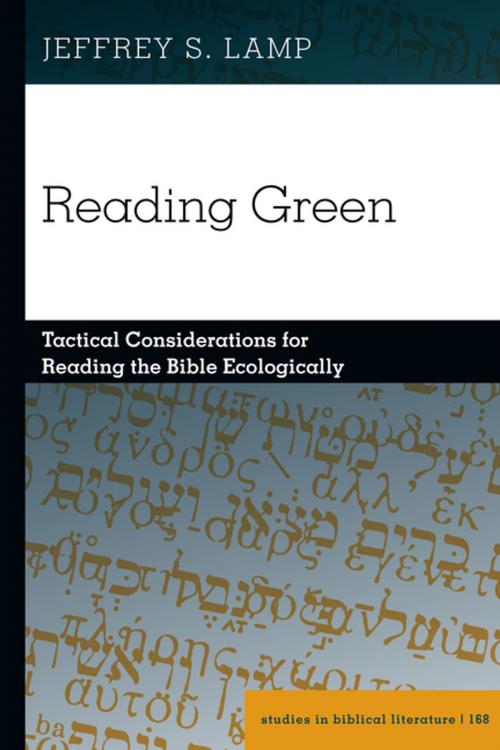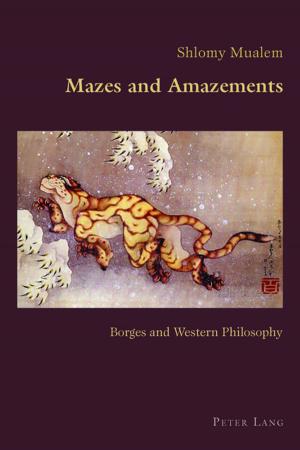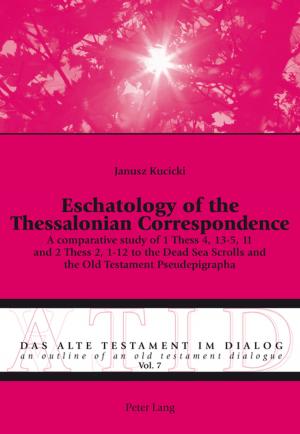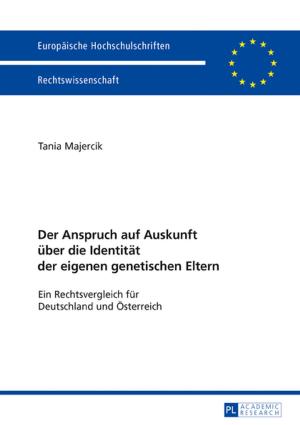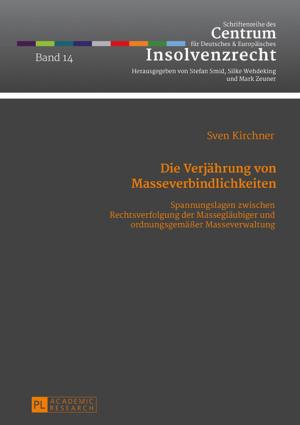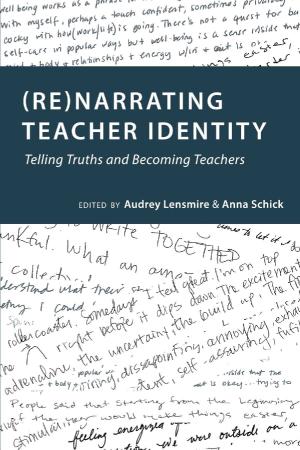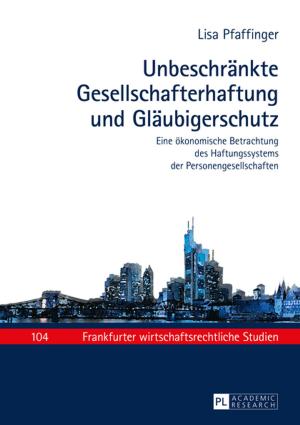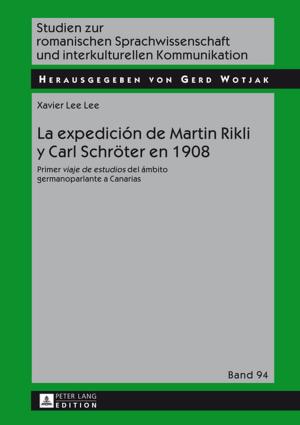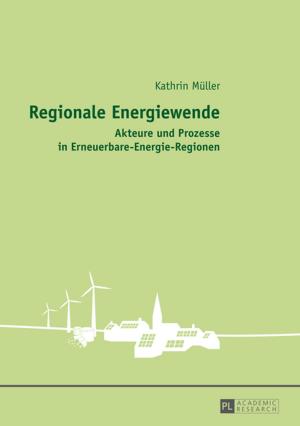Reading Green
Tactical Considerations for Reading the Bible Ecologically
Nonfiction, Religion & Spirituality, Christianity, Church, Church History, Judaism| Author: | Jeffrey S. Lamp | ISBN: | 9781433141553 |
| Publisher: | Peter Lang | Publication: | July 26, 2017 |
| Imprint: | Peter Lang Inc., International Academic Publishers | Language: | English |
| Author: | Jeffrey S. Lamp |
| ISBN: | 9781433141553 |
| Publisher: | Peter Lang |
| Publication: | July 26, 2017 |
| Imprint: | Peter Lang Inc., International Academic Publishers |
| Language: | English |
Reading Green: Tactical Considerations for Reading the Bible Ecologically operates on the premise that the Bible itself does not directly address the current ecological crisis and that expecting it to do so is anachronistic, for there was no ecological crisis on the agendas of biblical authors as they penned their works. The true challenge in the field is engaging biblical texts that do not present a positive ecological message (e.g., the stories of the flood and the plagues), or that seem to focus their messages so narrowly on human subjects and their interests that they marginalize or ignore the concerns of the other-than-human creation. To address this issue, this book provides a series of reading strategies which begin with the current ecological crisis. Present areas of interest, such as environmental racism and justice, film criticism, and reception history and exegesis, are employed to construct various approaches to mine the Bible for its contribution in addressing the current ecological crisis.
Reading Green: Tactical Considerations for Reading the Bible Ecologically operates on the premise that the Bible itself does not directly address the current ecological crisis and that expecting it to do so is anachronistic, for there was no ecological crisis on the agendas of biblical authors as they penned their works. The true challenge in the field is engaging biblical texts that do not present a positive ecological message (e.g., the stories of the flood and the plagues), or that seem to focus their messages so narrowly on human subjects and their interests that they marginalize or ignore the concerns of the other-than-human creation. To address this issue, this book provides a series of reading strategies which begin with the current ecological crisis. Present areas of interest, such as environmental racism and justice, film criticism, and reception history and exegesis, are employed to construct various approaches to mine the Bible for its contribution in addressing the current ecological crisis.
